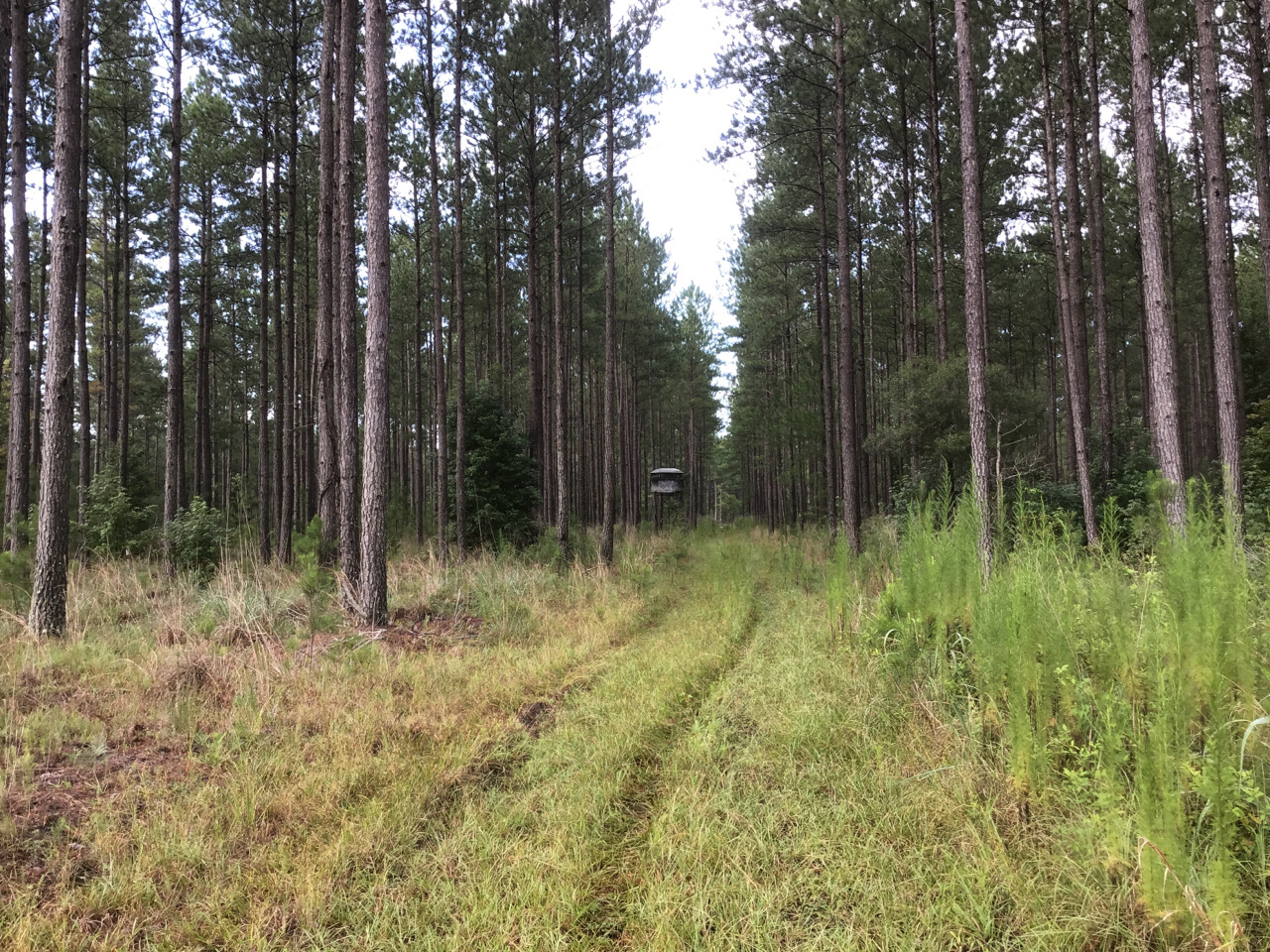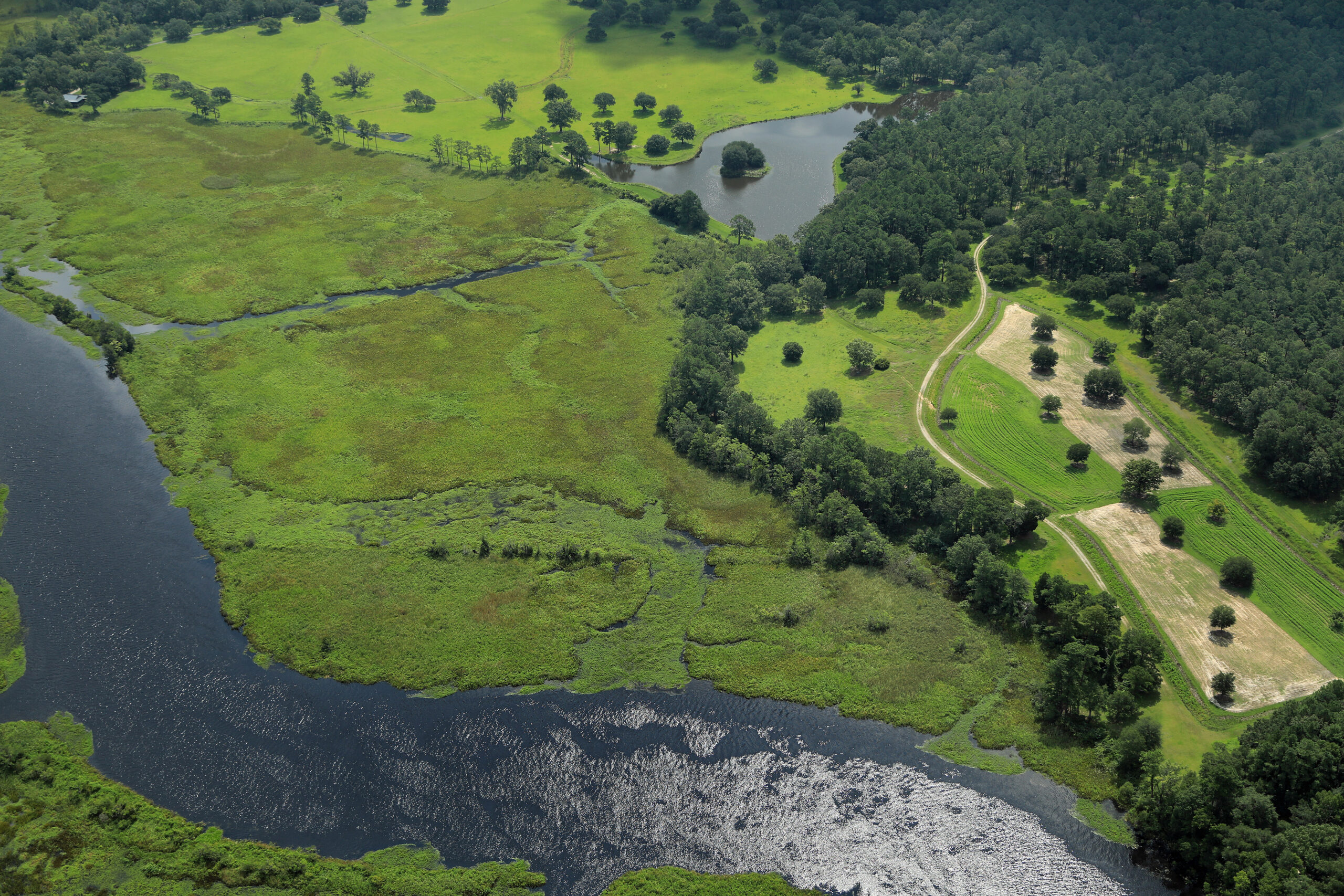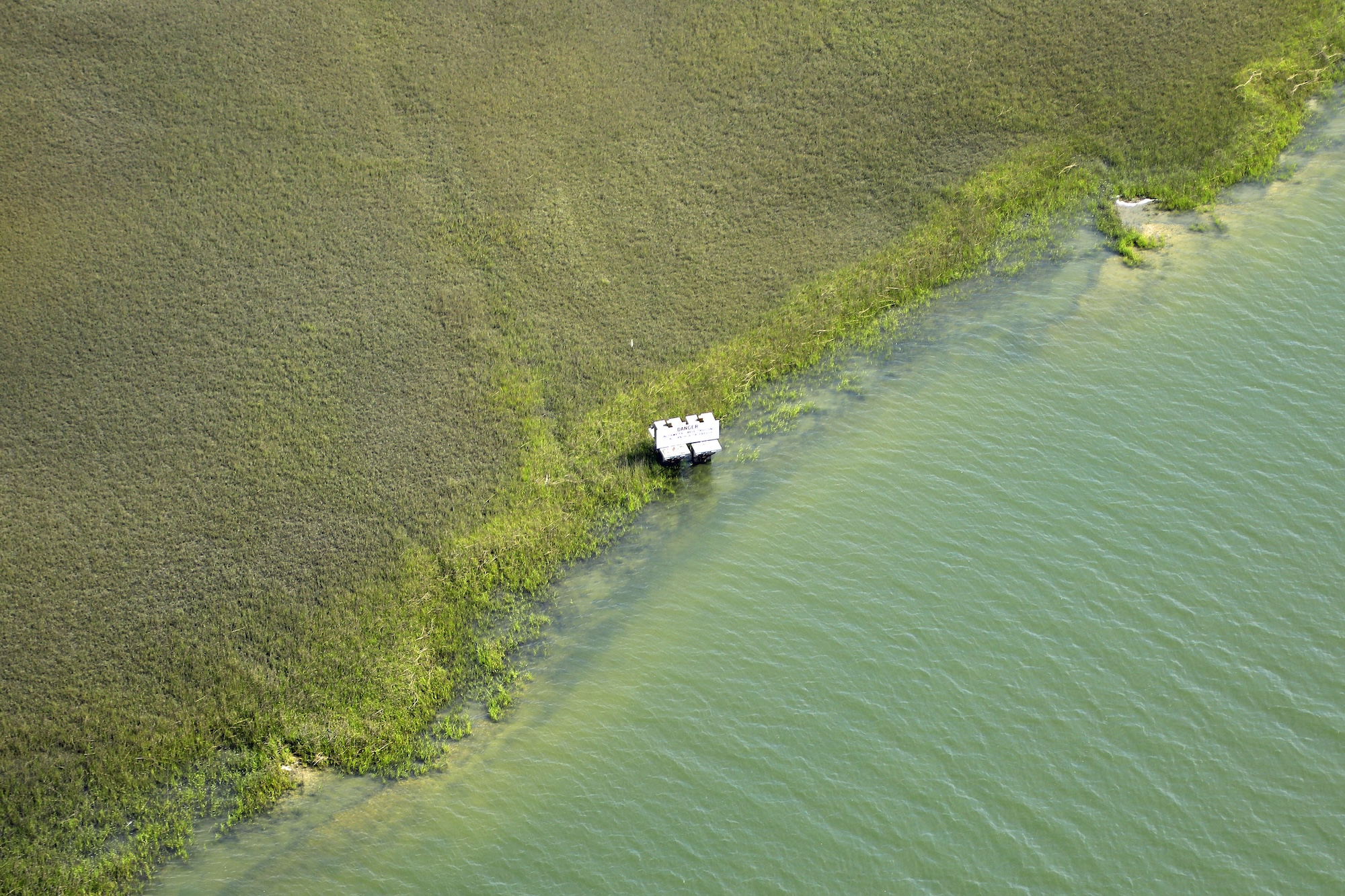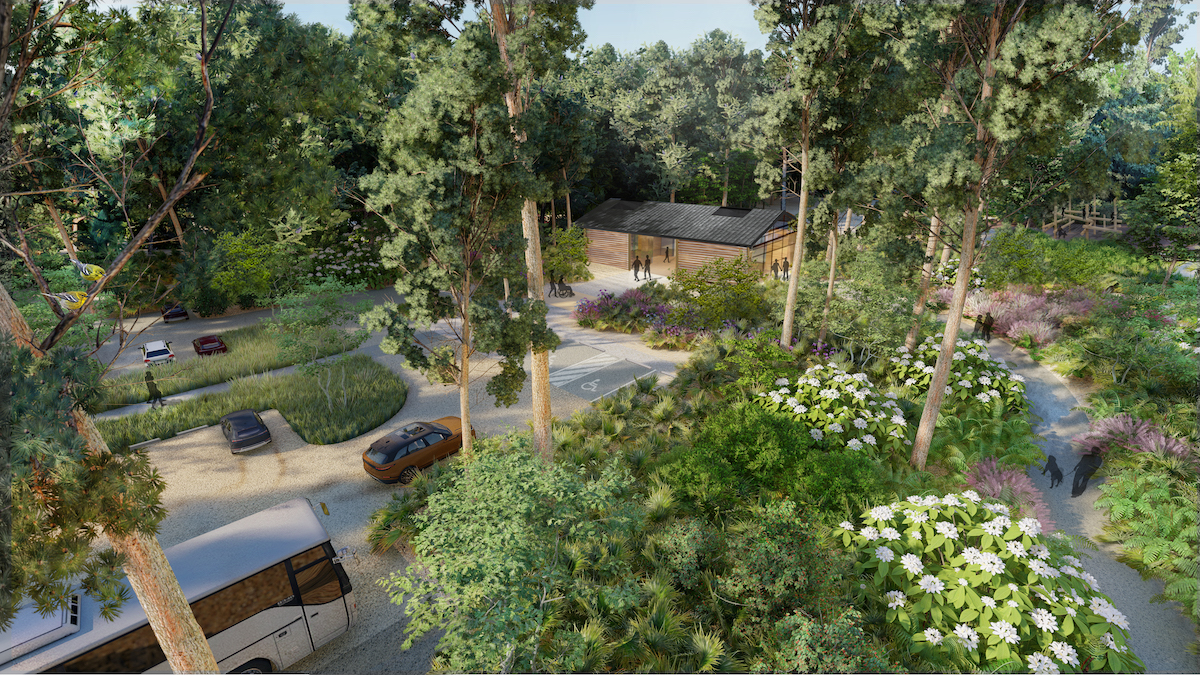
Photo credit: David Coyle
Please find information below regarding the Asian longhorned beetle (ALB) infestation in Charleston County.
Clemson University’s Department of Plant Industry (DPI) and the USDA continue to find infested trees in Hollywood, Ravenel, and on John’s Island. Below is a map that shows the current survey areas. Red Maple is the most commonly infested tree. Surveying continues in the southwest portions of Hollywood, moving towards the town of Meggett.
***IMPORTANT*** If you have property in the Hollywood, Ravenel, or John’s Island region, please read the following carefully. Until the wood material management yard and quarantine are established, we ask that all residents in infested areas stop moving firewood and tree debris from these communities. Movement of firewood, storm debris and tree parts are able to spread Asian longhorned beetles and establish new infestations elsewhere. Even if beetles are not seen, eggs and larva can be moved within the material.
OPERATIONS:
Tree Surveys – 6,007
Infested Trees – 2,036
DPI and USDA inspectors continue to survey southwest portions of Hollywood, moving towards the town of Meggett, to assess the extent of the infestation and damage in that area and continue to work towards an eradication plan.
There is still no known timeframe for when infested tree removals can begin.
REMINDERS:
It is important to know the beetle is not harmful to people or pets. DPI and USDA tree inspectors will notify residents of survey activities on private properties before they conduct surveys whenever possible. Tree inspectors are dressed in Clemson or USDA uniforms and will provide identification if asked.
Please be on the lookout for the beetle and examine your trees for any damage that may be caused by the beetle. You can report the beetle or tree damage by emailing invasives@clemson.edu or by calling DPI at 864-646-2140, or by calling the USDA’s ALB hotline at 866-702-9938 or reporting online www.AsianLonghornedBeetle.com. This website also provides information on how to identify the beetle.
LOCAL PROGRAM CONTACTS:
Steven H. Long
Clemson University Department of Plant Industry
843-241-2154
slong@clemson.edu
Kim Dean
U.S. Department of Agriculture
513-239-0097
kimberly.dean@usda.gov
Thank you for your diligence and do not hesitate to contact LLT staff if you need any assistance or guidance on this matter.
Sam Seawell
Stewardship Associate
Lowcountry Land Trust
843-996-4602
sseawell@lowcountrylandtrust.



Larvae create large tunnels, or galleries, in the tree, which can eventually lead to tree death. Red Maple is the most commonly infested tree. (Photo credit: David Coyle)





